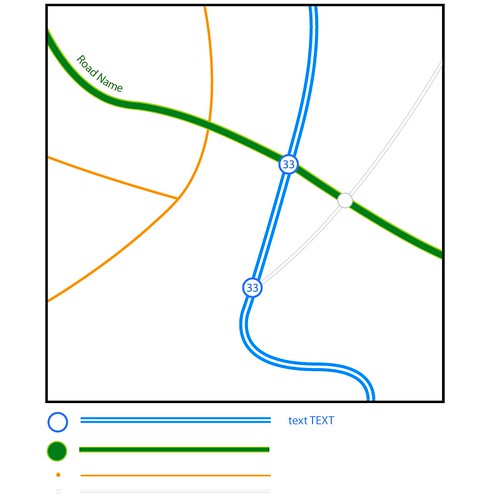Feast or Famine
 “In the digital age, knowledge is our lifeblood. And documents are the DNA of knowledge.”
“In the digital age, knowledge is our lifeblood. And documents are the DNA of knowledge.”
-–Rick Thoman, CEO, Xerox
In recognizing the way that the operational Army approaches knowledge management one must acknowledge that where you are at in Army Forces Generation (ARFORGEN) will drive your activities and focus at any given time. When you begin a life-cycle, usually at the conclusion of a operation or deployment as of late, knowledge workers are traditionally gathering observations and best practices, archiving and cataloging good ideas and what worked best, and improving on the processes that did not quite work so well. It is then when equipment (and people) are “reset,” new soldiers come while old soldiers go, and new and overhauled equipment is issued.
During the Ready phase is when the knowledge worker is sharpening their axe and helping the unit to prepare. New equipment is integrated and processes are evaluated. Staffs and operators are trained, standard procedures are developed and drills are established. Units begin checking with their deployed counterparts for possible changes and adjustments to their standing procedures while new and emerging doctrine is review and incorporated in to routine activities.

 Paul Bryan reported in the “Intranet Journal” last year a result of a survey where an oft heard complaint was about low usage of company portals. In his attempt to narrow the causative factors contributing to negative reviews one of the key challenges he found was “often a result of focusing on technical requirements rather than the real-life context of the system.” Sounds like another example of missing the other two elements of good KM…the People and Processes that support the underlying Technology. Give ’em a portal but don’t show them why they need it, how to use it, or help them change their internal procedures to support it. As Maxwell Smart would say, “ah, The Oldest Trick in the Book!”
Paul Bryan reported in the “Intranet Journal” last year a result of a survey where an oft heard complaint was about low usage of company portals. In his attempt to narrow the causative factors contributing to negative reviews one of the key challenges he found was “often a result of focusing on technical requirements rather than the real-life context of the system.” Sounds like another example of missing the other two elements of good KM…the People and Processes that support the underlying Technology. Give ’em a portal but don’t show them why they need it, how to use it, or help them change their internal procedures to support it. As Maxwell Smart would say, “ah, The Oldest Trick in the Book!” “The best-laid plans of mice and men/often go awry”
“The best-laid plans of mice and men/often go awry” As I was preparing for what would have been my magnum opus blog entry this week, the firewall on the network provided by the local Directorate of Information Management (DOIM) stopped me dead in my tracks. I was seeking out that one golden nugget to really hammer the nail home on Knowledge Management, but sorry boss, no can do.
As I was preparing for what would have been my magnum opus blog entry this week, the firewall on the network provided by the local Directorate of Information Management (DOIM) stopped me dead in my tracks. I was seeking out that one golden nugget to really hammer the nail home on Knowledge Management, but sorry boss, no can do.